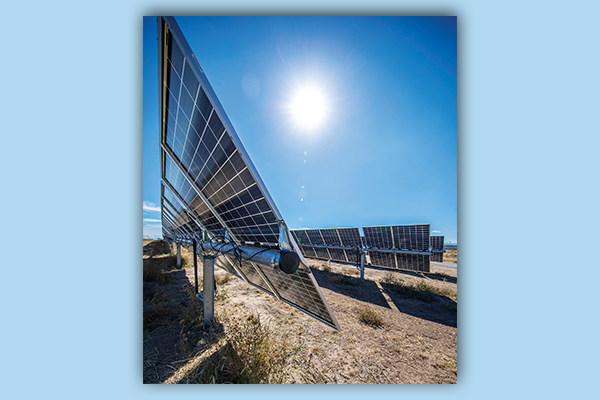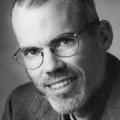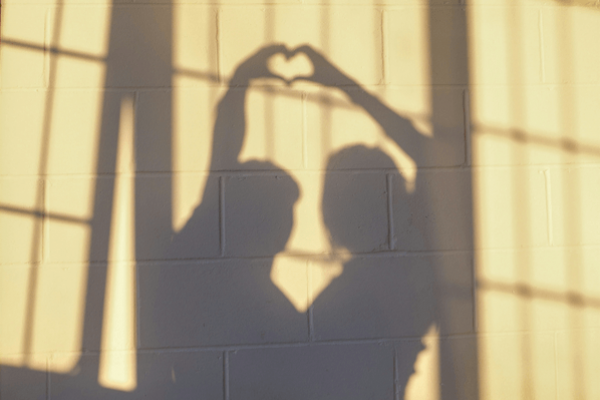SINCE I AM a Christian, I worship the Son, not the sun. That said, I’ve been spending most of my time lately thinking about that large ball of gas the good Lord was kind enough to hang in the sky, 93 million miles away. In fact, we’re getting ready for an entire weekend devoted to considering the most important object in our physical world — though it is the only one you can’t look at directly. SunDay will happen on September 20 and 21, 2025 (details at SunDay.earth), and I hope it’s a chance for real reverence.
The sun already supplies light, heat, and photosynthesis, and now it’s ready to provide all the power we could ever need. In the last decade, engineers have dropped the price of solar power by 90%; they have done similar work for batteries that store power for when the sun goes down. We now live on a planet where the cheapest way to generate power is to point a sheet of glass at the sun.
If we take full advantage of those new facts, we stand some chance of limiting the damage from the climate crisis. Last year, California reduced the amount of natural gas it used to generate energy by 25% compared to its usage in 2023. This is the most hopeful statistic I’ve come across in my 35 years of working on global warming. California was able to do this because it had put up enough solar panels to really make a difference. And this could happen everywhere. Texas is currently building clean energy faster than anywhere else in North America but is miles behind China, which put up about 60% of the planet’s solar panels last year.
Needless to say, this possibility has spurred panic among the CEOs of the fossil fuel industry, who raised record-breaking amounts of money for the Republican Party last year and are now reaping the rewards. They desperately need to slow down the transition to clean energy if they’re to keep their business model alive, while the physicists tell us we desperately need to speed it up. And we can — the point of Sun Day is to make it clear that solar is no longer “alternative energy” but instead is the most straightforward way to power our world.
Hopefully Christians will play a part. I love St. Francis’ “Canticle of the Creatures,” which includes these lines:
Praised be You, my Lord,
with all your creatures,
especially Sir Brother Sun,
who is the day and through
whom You give us light.
And he is beautiful and
radiant with great splendor;
and bears a likeness of You,
Most High One.
Francis’ papal namesake chose a Latin phrase repeated in the canticle, laudato si’ (“praise be to you”), as the title for his climate change encyclical that provided a stern and loving critique of modernity. In the darkness of this moment, may we raise our faces to the sun.

Got something to say about what you're reading? We value your feedback!







